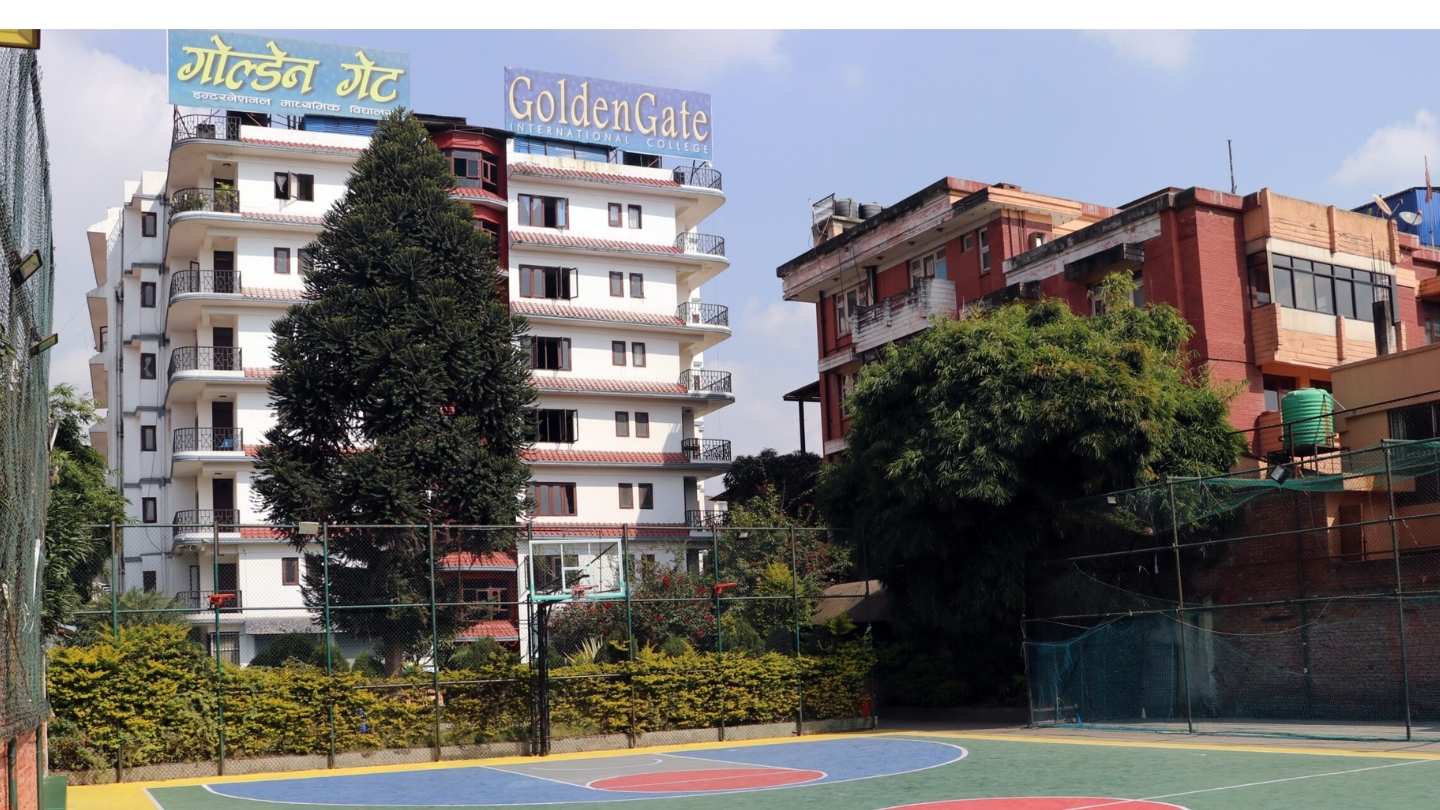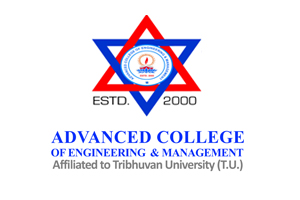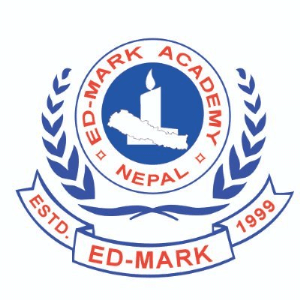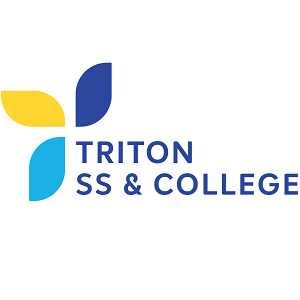Overview
BCA at GoldenGate International College, Battisputali, Kathmandu
BCA at GoldenGate International College, Battisputali–Old Baneshwor, Kathmandu, follows Tribhuvan University’s semester framework under the Faculty of Humanities and Social Sciences.
The program teaches programming, database systems, networking, software engineering practices, and web application fundamentals. Students learn in classrooms and labs on campus while assessments follow Tribhuvan University rules. Your daily work blends coding practice, problem solving, and concise technical writing so you can grow into reliable entry-level roles.

Highlights
Affiliation: Tribhuvan University (Faculty of Humanities and Social Sciences)
Duration: 4 years (8 semesters)
Academic Area: Programming, data structures, DBMS, web technologies, software engineering, computer networks, operating systems, discrete mathematics, statistics, project work
Location: Battisputali, Kathmandu
Evaluation: Internal assessments and practicals; TU theory and practical exams
Learning Support: Programming and database labs, networking lab sessions, library and e-learning access, code reviews in selected courses
Curriculum Details
Early semesters focus on computing foundations and programming style. Students practice algorithms, flowcharts, and clear variable naming. Classroom sessions introduce discrete mathematics, probability, and statistics to support reasoning in later modules.
Middle semesters add data structures, DBMS, operating systems, and networking. You design simple schemas, write SQL queries, manage joins and constraints, and learn transaction basics. Networking labs walk through IP addressing, routing concepts, service configuration, and packet inspection where tools allow.
Later semesters move into web technologies and software engineering. Students learn client–server ideas, basic security hygiene, testing practice, and requirement documentation. A capstone project or mini-project trains you to manage a small codebase, record issues, and present a working demo with a short report.
Objectives
-
Programming Fluency: Write readable code, structure functions, and debug common errors.
-
Data Awareness: Model small data sets and query them with accuracy.
-
System Insight: Explain how operating systems, networks, and web stacks interact.
-
Project Habit: Plan tasks, version files, and present results on time with working builds.
-
Communication: Prepare concise documentation that others can follow.
Scope
Graduates enter software development, QA and testing, database assistance, support engineering, and web application roles. Many students prepare for postgraduate computing or specialized certifications. The four-year record builds a steady base for interviews that probe logic, coding clarity, and communication.
Learning Outcomes
-
Problem Solving: Translate user needs into a plan, choose data structures, and justify time/space trade-offs.
-
Coding Practice: Implement modules in a mainstream language and follow naming, commenting, and error-handling rules.
-
Data Management: Create normalized tables, write safe queries, and draft simple backup notes.
-
Networking Awareness: Explain addressing, basic services, and request–response cycles.
-
Project Delivery: Demonstrate a small application, provide a readme, and answer queries in viva.
Skill Development Modules
-
Languages: C/C++ or Java/Python in core programming papers, with lab-based assignments.
-
Web: HTML, CSS, JavaScript fundamentals, and server basics for dynamic pages.
-
Database: SQL practice, indexing basics, and transaction understanding for small systems.
-
Tools: Version control for file history, issue tracking for tasks and bugs, and shell basics.
-
Testing: Unit tests for key functions and checklists for manual test passes.
-
Soft Skills: Pair programming etiquette, code walkthroughs, and short tech talks.
Teaching Methodology
Teaching combines lecture–discussion, weekly practical labs, problem sets, and code reviews. Faculty schedule seminars and guest interactions within the academic calendar. Internal evaluation includes quizzes, lab notebooks, sprints, and presentations. Final theory and practical boards follow Tribhuvan University’s evaluation system.
Admission Requirements
Eligibility: 10+2 or equivalent in any stream that meets Tribhuvan University’s threshold, with English studied as a 100-mark subject
Entrance: BCA entrance as announced for the intake
Selection: Merit-based list, document verification, and fee completion within deadlines
Documents: Mark sheets, character certificate, recent photos, identification, and equivalence if applicable
Advisory: Applicants from other boards complete equivalence procedures before admission
Career Opportunities
Typical Roles: Software developer trainee, QA/test engineer, database assistant, web developer, support engineer
Work Settings: Software firms, web agencies, in-house IT units, education technology teams, and service providers
Growth Path: Module owner or team lead after experience and internal training; postgraduate study where admission rules fit
Scholarships and Financial Aid
Categories: Merit by results, entrance performance, inclusion categories, community-school background, and recognized ECA/sports
Renewal: Performance-based continuation each academic year under program rules
Tip: Keep certificates organized and monitor official notices for deadlines
Why Choose This Course?
Structured Progress: A semester plan helps you move from fundamentals to project delivery.
Hands-On Labs: Regular practicals and code reviews build discipline and confidence.
City Access: Kathmandu location eases commuting and supports guest sessions arranged during the semester.
Transferable Skills: Clear coding style, documentation, and teamwork support many entry-level tech roles.
Conclusion
BCA at GoldenGate International College balances theory with consistent lab practice. Students write code, test features, manage small repositories, and document results with care. Timely attention to entrance schedules, daily practice, and reliable lab notebooks make your progress visible across semesters.
FAQ
Is the program under Tribhuvan University?
Yes. The course follows Tribhuvan University rules for coursework and examinations.
How long is the program?
Four years across eight semesters.
What programming languages are taught?
Core semesters use a mainstream language for data structures and algorithms, with web and database stacks added in later semesters.
Does the course include a project?
Yes. Students complete a capstone or mini-project and present a working demo with documentation.
What math level should I expect?
Discrete mathematics and statistics appear in support of algorithms, data analysis, and system thinking.






















